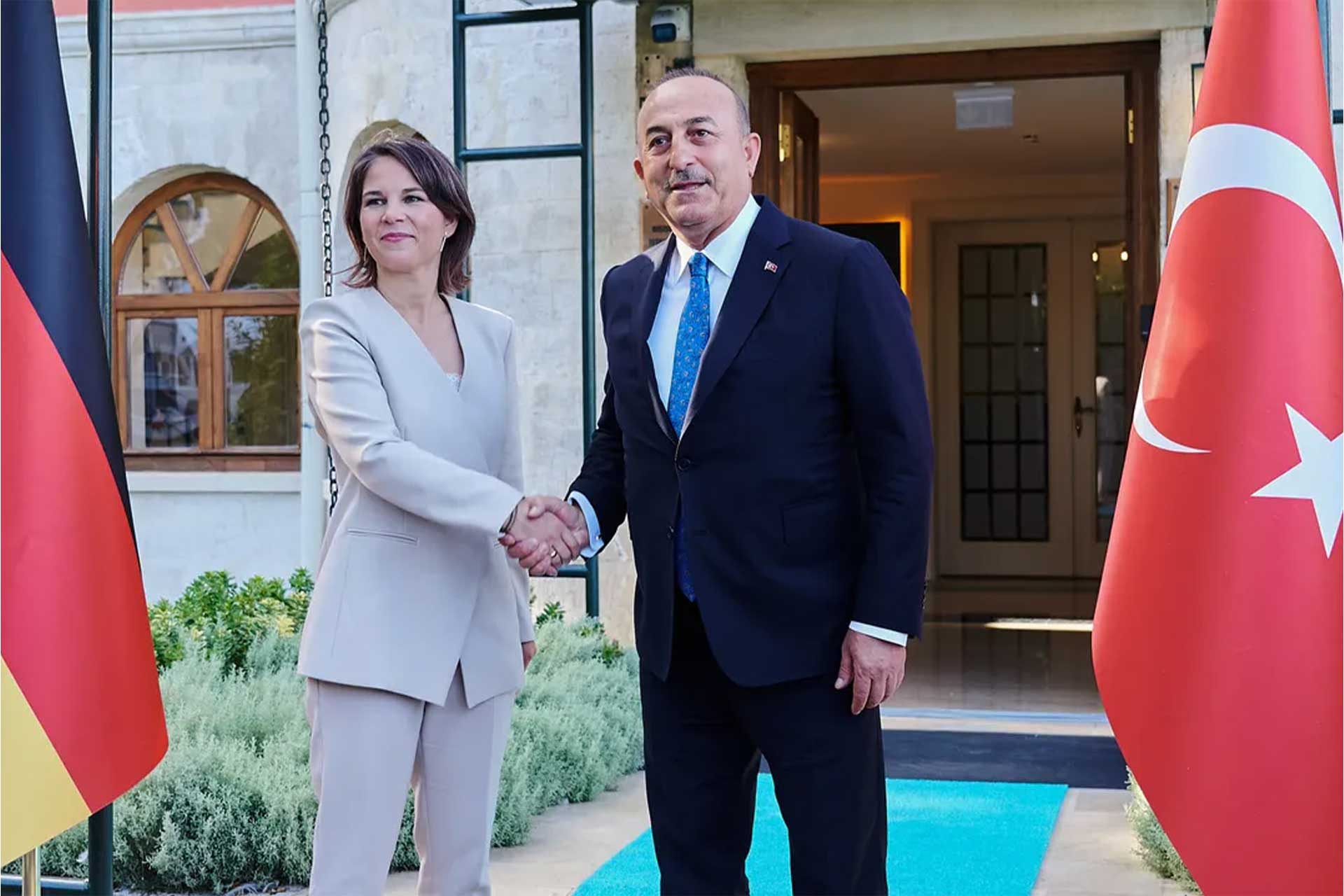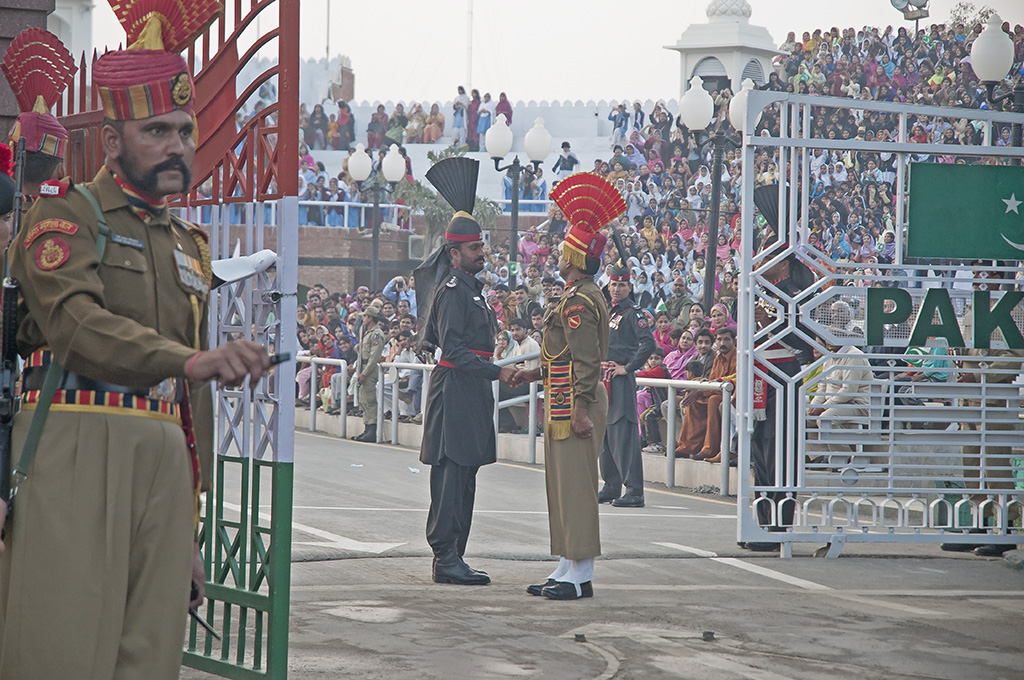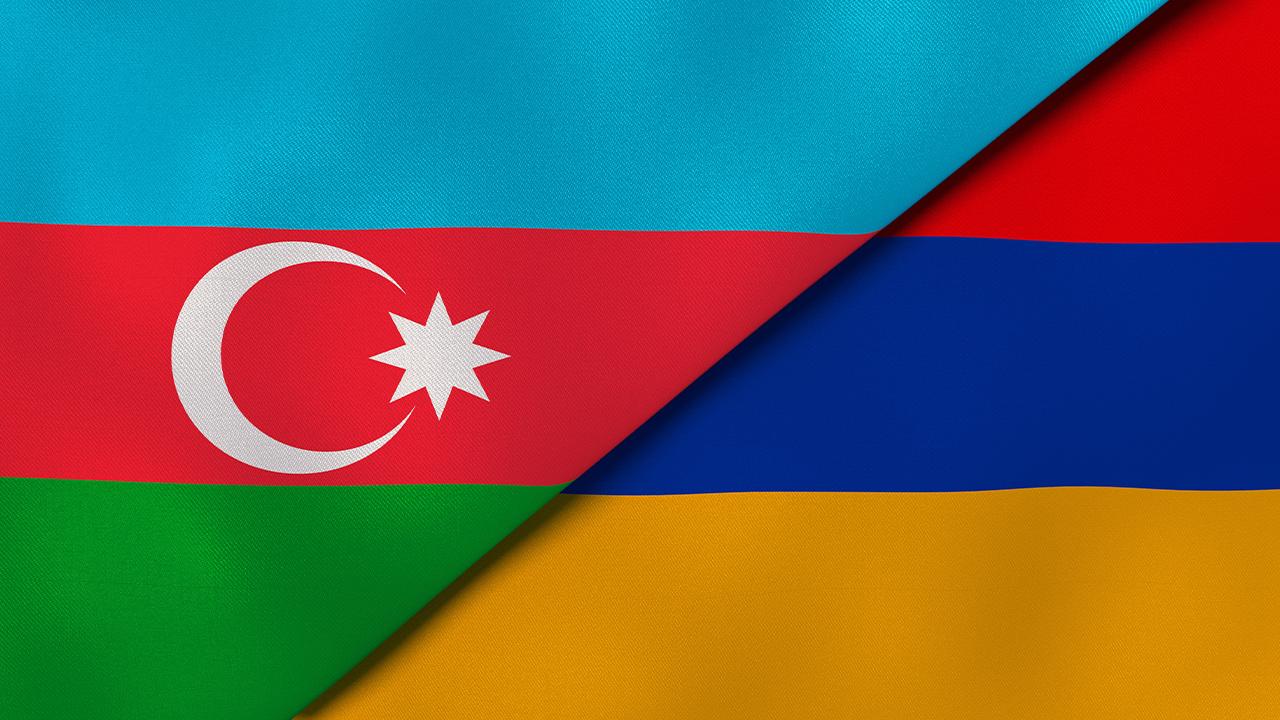Annaleana Baerbock in Türkiye: What was on the Agenda?
The NATO dispute, the tensions with Greece, President Erdoğan’s collaboration with despots… There were many unpleasant things for the Foreign Minister to talk about.
Sputnik
Foreign Minister Baerbock had to cancel his visit in mid-June due to a coronavirus infection. He visited Greece and Türkiye as part of the same tour as previously planned. On Thursday and Friday, he met with Greek Foreign Minister Nikos Dendias in Athens.
Baerbock, one of the leading figures of the German Green Party, arrived in Istanbul from Athens and met with Foreign Minister Mevlüt Çavuşoğlu in the evening. After a joint press conference, the two ministers met for dinner and said they would travel to Ankara the following day. Baerbock’s agenda in the capital also includes meetings with opposition parties and civil society representatives. Baerbock is scheduled to hold separate meetings with representatives of the CHP, IYI Party and HDP. The minister is also expected to visit a women’s solidarity project and a refugee project and make press statements as part of his contacts with civil society organizations.
It is also important to note that one of the natural topics on the German Foreign Minister’s agenda will be Turkish-Greek relations and the recent escalation of tensions, and that he will hold official meetings with officials from both countries on the same day.
Speaking ahead of the visit, Baerbock emphasized that cohesion between NATO allies and European partners has become even more important at a time when Russia’s invasion of Ukraine continues and the security environment is under threat. Regarding Russia’s efforts to divide the Alliance, Baerbock said that Greece and Türkiye must act as allies in these times and that it is imperative to undertake this alignment.
During the Eastern Mediterranean crisis in the summer of 2020, Germany, under the leadership of then Chancellor Angela Merkel, played a constructive role in reducing tensions between Türkiye and Greece. The new government that took office after Merkel signaled that it would pursue similar policies.
Baerbock continued as follows: “Security in the Mediterranean will be an important topic during my meetings in Istanbul and Ankara. Our message is that problems should be resolved through negotiations, not through escalation.” It is noteworthy that this message was delivered before the new Turkish oil exploration vessel Abdülhamid Han sailed into the Mediterranean on August 9th.
Moreover, diplomatic sources say that Russia’s invasion of Ukraine on February 24 will be the main focus of Baerbock’s agenda in Türkiye. The two ministers are expected to exchange views on both the ceasefire and the final agreement on the “grain corridor”.
The capital Berlin has expressed its appreciation for Türkiye’s efforts for a ceasefire since the early days of the war. As a result, Russia and Ukraine recently signed a grain corridor agreement to solve the global food crisis.
However, Germany is concerned that the bilateral economic and financial relations that have developed between Türkiye and Russia, especially since the start of the war, will offer Moscow only a limited opportunity to circumvent the sanctions. Even if Türkiye does not join the sanctions, Germany is concerned that the Russian economy does not offer the necessary opportunities.
Baerbock also expressed his satisfaction with Türkiye’s trilateral agreement with Sweden and Finland. The accession of these two countries to NATO sends a message to Russia and has an impact on European security.
MediaTava
The importance of human rights and democracy
Another important and meaningful point of Baerbock’s visit is that it coincides with increasing reports of a new Turkish military deployment to northeastern Syria. Germany, like the US and other Western countries, is not in favor of a new operation. The minister is expected to convey this message to the Turkish side.
Baerbock is also expected to discuss the continued implementation of the refugee deal renewed in March 2016, as well as regional issues such as Libya and the Caucasus.
It is worth noting that human rights and compliance with the judgments of the European Court of Human Rights (ECtHR) are among the issues Baerbock has put on his agenda.
“I will have an open discussion on these issues on which we have disagreements,” the German minister is expected to say, adding that he will ask Türkiye to implement the ECtHR ruling, in particular to bring the Osman Kavala case to court.
It should be noted that Baerbock is more sensitive to human rights and democracy than the Merkel government. He has clearly added these elements to Türkiye’s agenda. Unlike many other European foreign ministers, Baerbock will also hold meetings with opposition parties to show that he is in touch with all political groups in Türkiye.
Tense moments at the bilateral press conference
Baerbock opposed Türkiye’s planned deployment in northern Syria and called for respect for the European Court of Human Rights ruling on Osman Kavala.
On the other hand, Foreign Minister Çavuşoğlu said, “I would like to emphasize that hosting terrorist organizations is not in line with the spirit of the alliance.” Minister Çavuşoğlu also added that Greece has not implemented court decisions for 14 years and Germany has not implemented ECHR decisions.
Baerbock continued his statements at the bilateral press conference held after his meeting with Foreign Minister Çavuşoğlu.
Baerbock argued that Türkiye and Ukraine have close relations and referred to the “Document on the Initiative for the Safe Shipment of Grain and Foodstuffs through Ukrainian Ports” agreement signed in Istanbul between Türkiye, Russia, Ukraine and the United Nations (UN).
Baerbock said the deal would allow grain exports from the Ukrainian port of Odessa to resume after a five-month hiatus. “A ray of hope for humanity. We have great respect for you for this,” Baerbock said.
Baerbock noted that Türkiye makes an important contribution to security in the Black Sea region and that the mutual support of both countries as NATO partners in this difficult period is clearly evident.
Minister Çavuşoğlu responded to his German counterpart’s demand to comply with the ECHR judgments by saying that Osman Kavala is financed by Europe and used against Türkiye. On the other hand, Minister Çavuşoğlu said: “Why do you continue to bring up the Kavala issue when you have not reminded Greece of the ECHR judgments? Because you are using Kavala against Türkiye.” Minister Çavuşoğlu added that it is unfair for Germany to support Greece because it is a member of the European Union and that Greece is arming the islands in violation of the agreements.
Foreign Minister Baerbock added that the operation in Syria would cause new suffering and undermine the fight against Daesh. Minister Çavuşoğlu said: “If you really want to fight Daesh, you can go on the ground like Türkiye.”
The German minister also said that during his visit to Athens he raised the issue of Greece’s deportation of migrants.
“We expect the necessary measures to be taken for the security of mosques and associations of the Turkish and Muslim community in Germany,” Foreign Minister Çavuşoğlu said. “Türkiye is an indispensable partner and a country close to us,” Baerbock said ahead of his visit to Türkiye, adding, “The people of both countries have a common heart, so it is important for me that we do not get away from politics.”
“Danger for NATO”
In addition, a survey on Türkiye was published in which 78 percent said that Türkiye is “unreliable”. More than 80,000 respondents answered the poll titled “Is Türkiye under Erdogan still a reliable partner?”. Seventy-eight percent of respondents said Erdogan’s Türkiye was not credible, compared to 16 percent who found it credible. Six percent of respondents said they found Türkiye “neither trustworthy nor untrustworthy”, i.e. in the middle range.
Baerbock had previously criticized the meeting between the Iranian President and Russian President Vladimir Putin during President Erdoğan’s visit to Iran, calling the photo of the three heads of state a “danger for NATO”.
Lecturer Gör. Hande Ortay
Translated from the original German: Sidal Çiçek




Comments